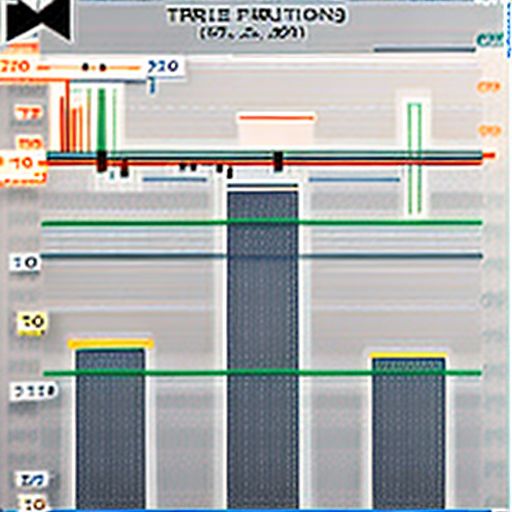Imagine you’re a farmer growing corn. You know that in a few months, when the harvest is ready, the price of corn might go down. This is a risk you take as a farmer. Now, imagine there was a way to lock in a price for your corn today, even though you won’t deliver it until harvest. This is the basic idea behind futures trading.
What Does Futures Trading Mean?
Futures trading is essentially agreeing to buy or sell an asset at a predetermined price on a specific date in the future. The asset could be anything from commodities like corn and oil to financial instruments like currencies or interest rates.
Let’s break it down:
- Futures Contract: A legally binding agreement between two parties.
- Buyer: Agrees to buy the underlying asset at the agreed-upon price and date.
- Seller: Agrees to sell the underlying asset at the agreed-upon price and date.
Why Trade Futures?
There are two primary reasons people engage in futures trading:
- Hedging: Remember the farmer? Futures contracts can help businesses mitigate the risk of price fluctuations. This is called hedging.
- Speculation: Traders also use futures to profit from price movements. They buy or sell contracts based on their market outlook, aiming to profit from correctly predicting price changes.
Understanding Futures Contracts
A futures contract isn’t just a vague agreement. It’s a standardized contract with specific details:
- Underlying Asset: The commodity, currency, or financial instrument being traded.
- Contract Size: The standardized quantity of the underlying asset in each contract.
- Expiration Date: The specific date on which the contract expires.
- Tick Size: The minimum price movement for the contract.
- Margin: Traders need to deposit a percentage of the contract value to cover potential losses.
Is Futures Trading Right for Me?
Futures trading is significantly more complex than investing in stocks. It’s highly leveraged, meaning even small price movements can lead to large profits or losses.
Here’s what you need to consider:
- Risk Tolerance: Futures trading involves a high degree of risk. You should only trade if you’re comfortable with the possibility of losing more than your initial investment.
- Market Knowledge: A deep understanding of the underlying assets and market dynamics is crucial for successful futures trading.
- Time Commitment: Monitoring positions and staying updated on market news requires significant time and dedication.
Frequently Asked Questions about Futures Trading
1. How Are Futures Prices Determined?
Futures prices are determined by the forces of supply and demand in the marketplace. Factors such as market sentiment, economic data, and geopolitical events can all influence price movements.
2. What Happens at the Expiration Date?
Most futures contracts are not settled by physically delivering the underlying asset. Instead, positions are typically closed out before expiration, with profits or losses realized based on the difference between the entry and exit prices.
3. What is Margin in Futures Trading?
Margin is a good faith deposit required by brokers to open and maintain futures positions. It acts as collateral to cover potential losses.
trading.disneyaz.com/wp-content/uploads/2024/07/futures-trading-chart-669bb4.jpg" alt="Futures Trading Chart" width="512" height="512">Futures Trading Chart
Conclusion
Futures trading can be a powerful tool for hedging and speculation, but it’s not for the faint of heart. It’s crucial to thoroughly understand the risks and complexities involved before venturing into this market. If you’re considering futures trading, it’s advisable to start with extensive research, education, and potentially seeking guidance from a qualified financial advisor.
Remember, informed trading is smart trading.
